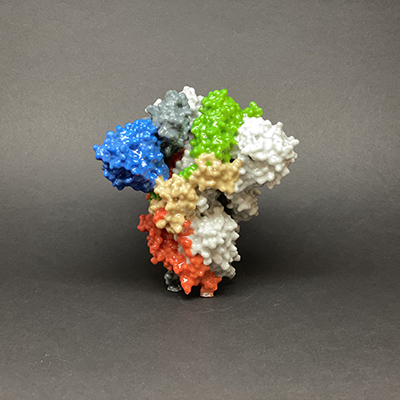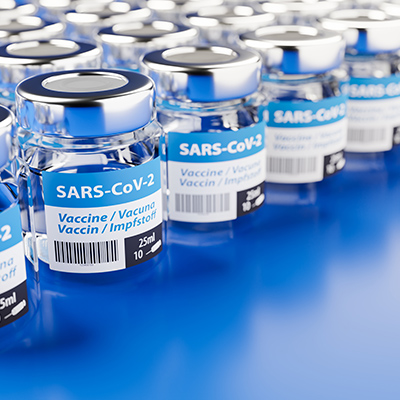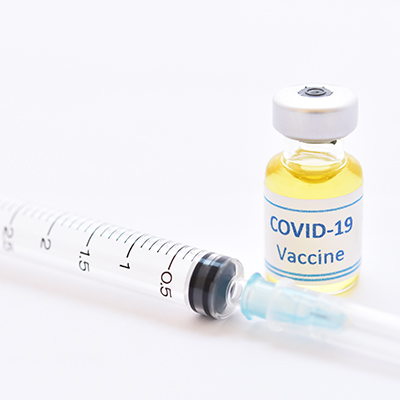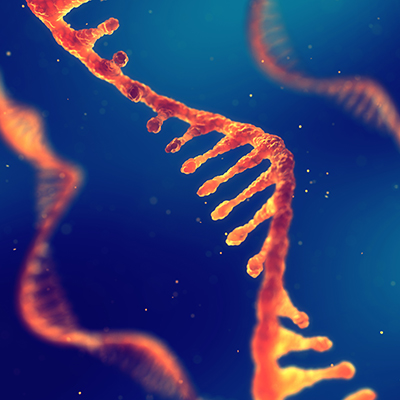May 18, 2020 -- Antibodies from recovered SARS-CoV patients appear to block SARS-CoV-2 infectivity and could help in the development of antiviral treatments or vaccines, according to a new study. The findings were published in Nature on May 18.
Among the similarities of SARS-CoV from 2003 and the current pathogen, SARS-CoV-2, is the use of the functional receptor human angiotensin-converting enzyme 2 (ACE2) which binds with high affinity to the S domain subunit (receptor binding domain; RBD). Both coronaviruses belong to the sarbecovirus subgenus and their S proteins share 80% amino acid sequence identity.
Deactivating the S protein which mediates viral entry into host cells is the focus of many therapeutic and vaccine design efforts. Neutralizing antibodies, such as human monoclonal antibodies, can access S trimers, offering immediate protection against SARS-CoV-2 infection.
An international group of researchers had previously identified neutralizing monoclonal antibodies, taken from a patient who recovered from SARS in 2003, that potently inhibited both human and zoonotic SARS-CoV isolates. To investigate the potential cross-reactivity of the isolated monoclonal antibodies with SARS-CoV-2, in the current study the researchers performed memory B-cell screening using mononuclear cells collected in 2013 from the same patient. Out of the 25 monoclonal antibodies identified from the patient, eight were found to bind to SARS-CoV-2 RBD trimers.
Using a murine leukemia virus (MLV) pseudotyping system, the researchers identified one antibody, S309, which showed comparable neutralization potencies against both SARS-CoV and SARS-CoV-2 pseudoviruses and authentic isolates.
To understand the mechanism of neutralization, single-particle cyro-electron microscopy was used to characterize the complex between the S309 antigen binding fragment and a stabilized SARS-CoV-2 spike ectodomain trimer. From the crystal structure, the researchers found the domain formed an open and closed state, both with three S309 antigens bound. The antibody binds to a protein/glycan epitope on SARS-CoV-2 that is distinct from the receptor-binding motif in a conserved region.
From MLV analysis, the researchers determined that both S309 antigen fragments and immunoglobulin G (IgG) are capable of neutralizing SARS-CoV-2, indicating that one or more IgG-specific mechanisms such as S trimer cross-linking, steric hinderance, or aggregation of virions may contribute to neutralization. Moreover, they suggested that S309 could enhance the activation of natural killer cells and macrophages and contribute to antibody-dependent cell cytotoxicity and antibody-dependent cellular phagocytosis.
Together, their data indicate that S309 could neutralize essentially all SARS-CoV-2 isolates circulating to date and possibly many other zoonotic sarbecoviruses. The scientists also suggested that there may be a synergistic effect between two noncompeting anti-RBD monoclonal antibodies for SARS-CoV-2, although the current study was only a proof-of-concept examination and no human clinical trials have been conducted.
Do you have a unique perspective on your research related to virology or immunology? Contact the editor today to learn more.
Copyright © 2020 scienceboard.net










